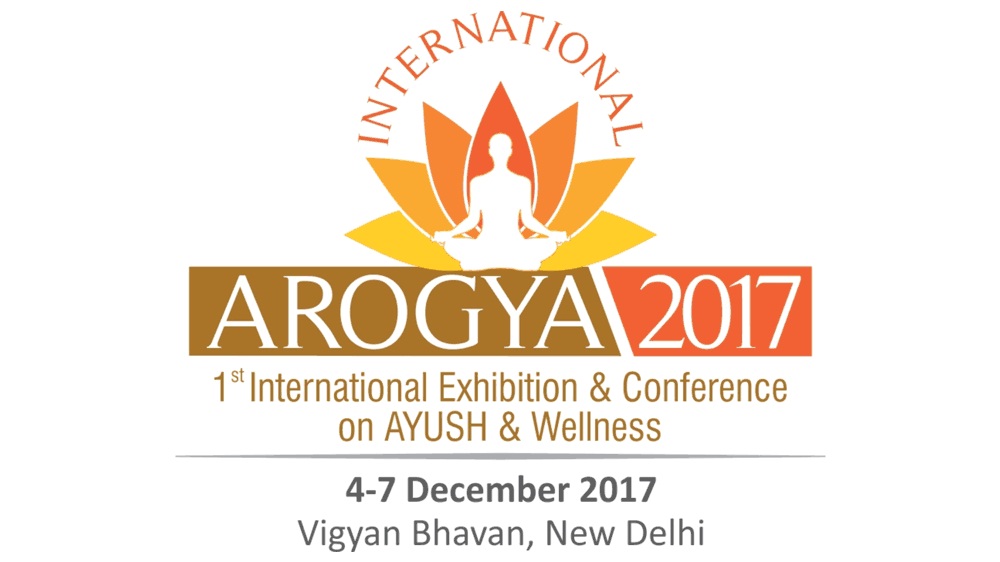Bill proposal to allow AYUSH doctors to practice modern medicine; say its akin to legalising quackery
By Sumi Sukanya dutta | Express News Service | Published: 30th December 2017 07:01 PM | The New Indian Express
Last Updated: 30th December 2017 07:02 PM | A+A A- |
Image for representational purpose only.
New Delhi: Doctors across India are strongly opposing a provision in the National Medical Commission Bill, tabled in the parliament on Friday, that seeks to let homeopaths and practitioners of other alternative medicines practice modern medicine through a short term course.
The Bill, that is aimed to regulate medical education in the country by replacing corruption tainted Medical Council with India with a National Medical Commission, has introduced the concept of “Bridge Course” to promote medical pluralism by allowing AYUSH doctors to practice allopathy.
“The Commission shall hold meeting with Central Councils of Homeopathy and Indian Medicine that will reside on approving educational modules to develop bridges across the various systems of medicine and promote medical pluralism,” the bill says.
Most of the doctors’ bodies however are up in arms against the proposal saying it is akin to “giving legal sanction to quackery in the country”.
“This provision is totally unacceptable to us as it will lead to an army of half-baked doctors in the country,” said K K Aggarwal, president of the Indian Medical Association. ?”First of all, a doctor is registered with a council but in case of a bridged doctor there will always be ambiguity on the registration aspect. Also, if those doctors make mistakes and people pay with their lives because of those mistakes, who is going to be held accountable?,” Aggarwal said.
“We as an association feel that by pushing this provision, the government is giving sanction to quackery.” Aggarwal’s association represents over 3 lakh doctors in the country.
Satish Tyagi, secretary of Delhi Medical Association, too, said that the association will knock on every door possible to “get the contentious clause chucked out from the bill.”
“It (the provision) is every bit condemnable and when the bill talks about introducing a licentiate exit examination for even MBBS pass outs before they can start practicing, how can it allow degradation of medical education by permitting some to practice allopathy just by pursuing bridge courses?” he said. “These two points in the Bill are contradictory to each other.”
Not every medical professional however is protesting the move as some see it as an initiative to enhance doctor-patient ratio in the country.
“Even MBBS doctors are not allowed to work as specialists or super specialist and have a limit to what they can do so I see no problem if doctors from other streams are given basic training in modern medicine and are permitted to work at lower levels than MBBS to treat patients at primary levels,” said Bhaibhav Kumar, a doctor in Dhanbad.
“After all they also pursue five-year courses in other forms of medicine and study physiology and anatomy like MBBS doctors.”
A few studies done in the past have in fact have shown that registered medical practitioner or AYUSH doctors have helped provide medical care in remote areas as MBBS doctors prefer urban postings.
A study carried out by New Delhi based public health research institute, Public Health Foundation of India in 2014, for instance, had highlighted that in as many as 32 per cent of primary health centres in remote and tribal areas, it is the alternative medicine practitioners who carry out clinical care.
-----------------------------------------------------------------------------------------------------------
-----------------------------------------------------------------------------------------------------------
Doctors flash quack alert
Dec 31, 2017 00:00 IST
The Telegraph Monday 1.2018
New Delhi: Several doctors have criticised a clause in a bill tabled in Parliament on Friday that will allow practitioners of ayurveda, unani, siddha and homoeopathy to prescribe modern medicines after undergoing a "bridge course".
The Union health ministry's National Medical Commission Bill, 2017, seeks to create a new regulatory structure for medicine to replace the Medical Council of India, which faces longstanding allegations of corruption and inaction on unethical practices by doctors.
But paragraph 49 in the bill, proposing strategies to "enhance the interface" between traditional and modern systems, recommends the bridge course for practitioners of homoeopathy and Indian systems of medicine to enable them to prescribe modern medicines.
Many doctors view this as a move by the Narendra Modi government to drive traditional systems of medicine into mainstream health care.
The bill prescribes that the proposed National Medical Commission meet the councils for Indian systems of medicine and homoeopathy "at least once a year" and approve undergraduate and postgraduate educational modules to build bridges across systems of medicine and promote "medical pluralism".
"The bill is intended to eliminate corruption in medicine, but the government is misusing this opportunity to legalise quackery," said Kankokaran Vadakkeveetil Babu, an ophthalmologist in Kannur, Kerala, who has long expressed concern about corruption in the MCI.
The Indian Medical Association, the country's largest body of modern medicine doctors, has described the bridge-course proposal as an opportunity for traditional healers to make a "backdoor entry" into modern medicine.
"We're opposed to such nonsense. On the one hand, the government wants a national licentiate exam for MBBS graduates to be able to practise medicine, on the other it wants to offer this bridge course to allow traditional practitioners to hand out modern medicines," said Tapan Biswas, president-elect for IMA Bengal.


